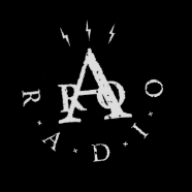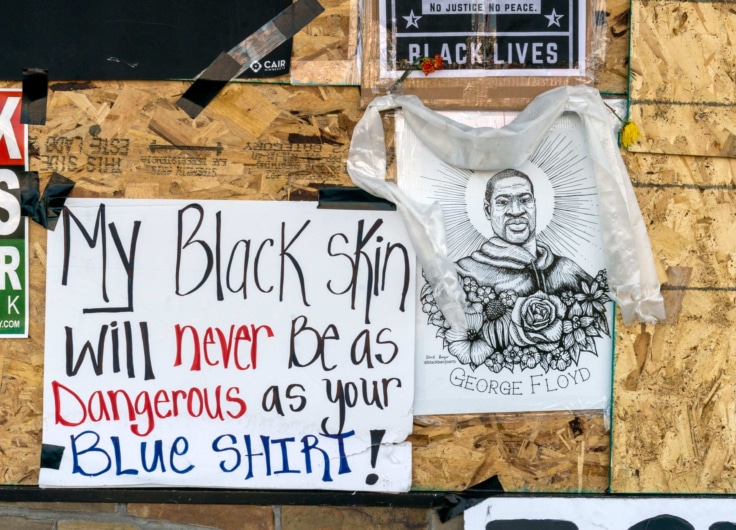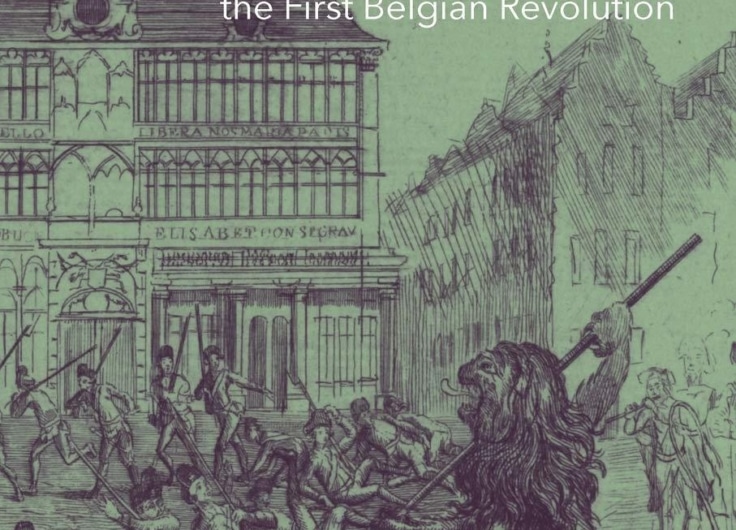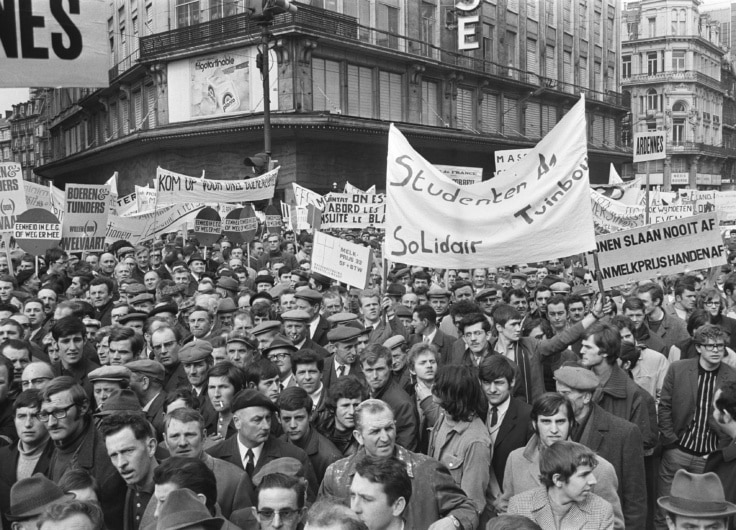Rebellion, unrest and anti-authoritarianism are as much woven into the fabric of the Low Countries’ histories and cultures as dikes, dams, churches and cheese. In this podcast, we take a look at some of the major and minor protest movements that have occurred across Belgium and the Netherlands, which have helped shape them into the places they are today.
Listen to this podcast on Spotify
The Low Countries have long been defined by their mishmash of social, political, economic and religious groups, with their own divergent, and all too often competing interests. From literally their very foundations both the nation-states of the Netherlands and Belgium were forged in a revolt against authority, with the Dutch rebelling against their Habsburg Spanish monarch, Philip II throughout the late-16th/early 17th century, and the Belgians rebelling against the Dutch in 1830.
Just as much as Dutch and Flemish culture today have been defined by their ability to seek consensus through compromise, so too have they been defined by a willingness to angrily, and often violently, take to the streets in order to be heard. In this podcast, we talk about four major protests that took place in Belgium and the Netherlands: the Amsterdam Eel Riots (1886), the Leuven Student Protests (1968), the Amsterdam Coronation Riots (1980) and the Brussels White March (1996).








